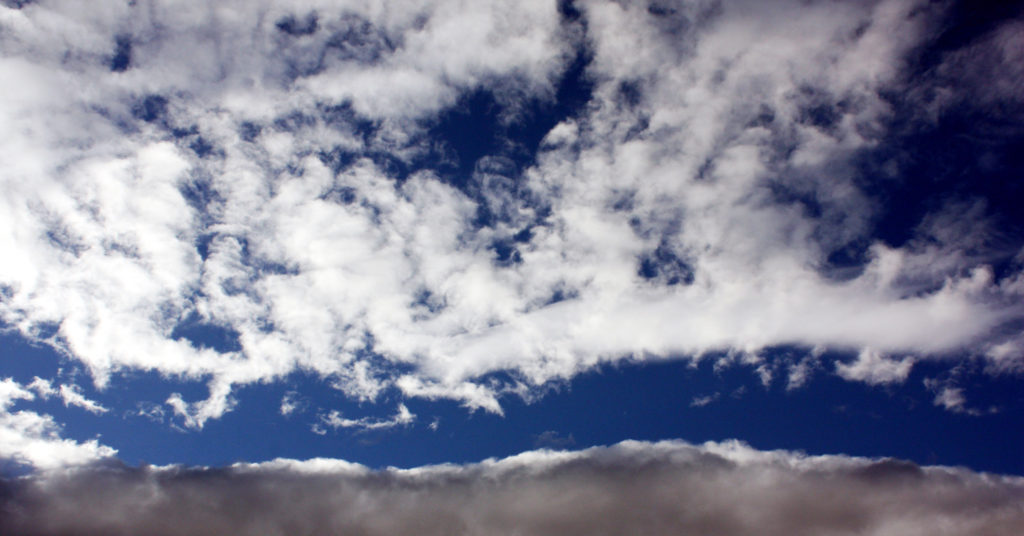Higher Education, Science and Innovation Minister Dr Blade Nzimande, has welcomed the establishment of a new School of Climate Studies at Stellenbosch University, which will be officially launched in June.
Nzimande said this would boost the capacity of the country’s academics to build a well-rounded body of scientific knowledge and skills for a better understanding of the problems and to develop sustainable responses to new challenges.
“Global humanity is currently faced with the fourfold crises of Covid-19; deepening economic crises; the crisis of families, household and communities to make ends meet, and climate change,” Nzimande said in a statement.
The destruction of the earth’s biosphere and ecological systems had created a crisis in human sustainability, with its most devastating effects felt by working people and the poor across the globe, Nzimande said. The Covid-19 pandemic had widened the gulf between rich and poor.
“Government hopes that the university will collaborate with other higher education institutions, especially Historically Disadvantaged Institutions (HDIs), in promoting new scholarship to face new problems confronting current and future generations. Such collaboration is crucial as no single institution could possibly achieve this task on its own,” the Minister said.
The Ministry, for the first time, brings together higher education with science and innovation, thus presenting an opportunity to “enrich our understanding of the systemic issues rethinking and re-engineering to mitigate and adapt to the vagaries of climate uncertainty”.
According to the International Panel on Climate Change (IPCC) and most of the scientific community, human activity has had definite causal effects on global warming and climate change, resulting in increasing temperatures, rising sea levels and a range of other impacts.
“This threatens every aspect of human endeavour, including water supply, infrastructure, public health, coastal habitats and food security,” Nzimande said. – SAnews.gov.za



